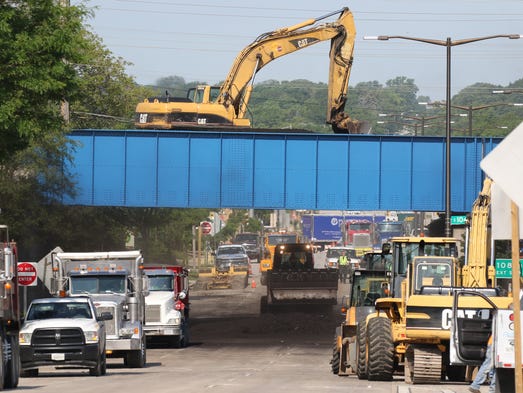More than 100 CSX Corp. (Nasdq: CSX) employees who were fired or suspended for their use of federally-protected medical leave filed suit Tuesday in Maryland.
The suit comes on the heels of a suit that 46 fired employees filed in West Virginia in February, which also alleged CSX disciplined employees for fraud and dishonesty without evidence.
“While CSX employees understand that working on weekends and holidays comes with the territory, they did not anticipate having to work through serious illnesses, miss their children’s births, or choose between caring for their sick loved ones and losing their jobs,” reads the newly filed suit.




